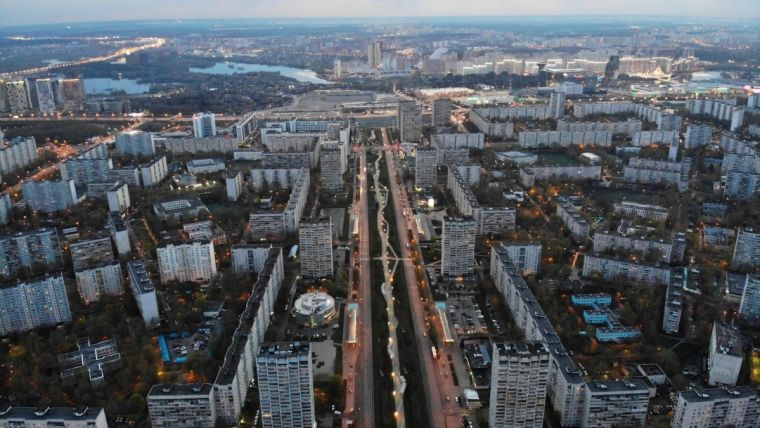Faith in the former Soviet Union

William Hollander (not his real name for security reasons) is an International Relations Officer for Open Doors with nearly 40 years' experience of the challenges facing Christians in the nations that made up the former Soviet Union.
This year marks 30 years since the failed hard-line Communist coup in August 1991 against the reforming Soviet leader Mikhail Gorbachev.
Hollander speaks to Christian Today about why religious freedom remains a challenge in Russia and the surrounding regions.
CT: What are your personal recollections about life for Christians under the Soviet Communist regime?
William: My first meeting with Christians in Soviet Central Asia was in 1986/87. I was instructed to memorise the address of the church I was going to visit in one of the towns of Uzbekistan, and figure out how to get there without asking and without taking a taxi or public transport.
On arrival, people at the door were very suspicious. But once they figured out that we didn't speak any Russian or Uzbek, they became very open. From this visit I remember that the Christians in this particular church were very distrusting of visitors. They did not evangelise outside of the church building. Youth and children's work only took place between the walls of the church building.
They were anxious not to be seen with foreigners on the street. The church door was quickly closed again after we left. Sadly, we couldn't leave any literature or Bibles as the few Bibles we were carrying were confiscated on arrival in Moscow to get our transit flights.
CT: Central Asian states such as Uzbekistan, Turkmenistan and Tajikistan are ranked high on the Open Doors 2021 Watch List of the top 50 countries where Christians are facing extreme persecution. You recently visited Uzbekistan. Why are Christians having a hard time in these countries?
William: Christians always seem to be on the receiving end of dictatorial regimes, whether they are extreme dictatorial or appear to be even democratic. It could be that these kinds of government don't appreciate Christians who in the end will listen to their God first, and do not give 100 per cent lip-service to the governments they are under.
CT: How are the events in Afghanistan likely to affect Christians in Central Asia?
William: There is already an increase of concerns. It is very likely that there are some extremists among the 12,000+ refugees into Tajikistan. There is a fear that extremism will be encouraged by the recent events and the extremists that are present in the different republics will start raising their voices again and become more active.
Any growth of Islamic extremism can be a threat to the Christians, as there will be increased pressure on them to convert (back) to Islam. This is because from the cultural perspective the native Central Asians are Muslim, and should be Muslim.
The apparent success of the extreme Islamists will likely encourage the silent extremist Islamic groups, who might wield more pressure and increase violence to push out Christians from their communities, which in effect is already happening. But it could seriously increase.
CT: What are the challenges facing Christians in Russia today?
William: There is an increase in the monitoring of Christian activities in Russia, especially a scrutiny about connections with the Church in the West, or any Western connections. Again, the Russian government would like to exert more control over the Christians. It has become nearly impossible for Russian churches to receive Western support.
CT: What is the situation for Christians under the dictatorship of Alexander Lukashenko in Belarus?
William: The Christians in Belarus are slowly being pulled into the conflict with the present government. Some of the youth have been picked up even just walking past a demonstration. Again, the government likes to know they can control the Christians and will put pressure on the churches.
CT: Are there any nations that once belonged to the Soviet Union where it is still necessary to smuggle Bibles in the Brother Andrew style?
William: Bibles need to be smuggled in the Central Asian states and some of the regions in the Caucasus. For example, Bibles are very difficult to get in Uzbekistan. According to an official spokesperson, Bibles are available in Uzbekistan, and 5,000 Bibles were printed in the Uzbek language, but it seems these have disappeared into a warehouse and it is impossible to get hold of a copy. In some of the areas where there is a strong Islamic presence, it will also be dangerous to be seen with a Bible.











